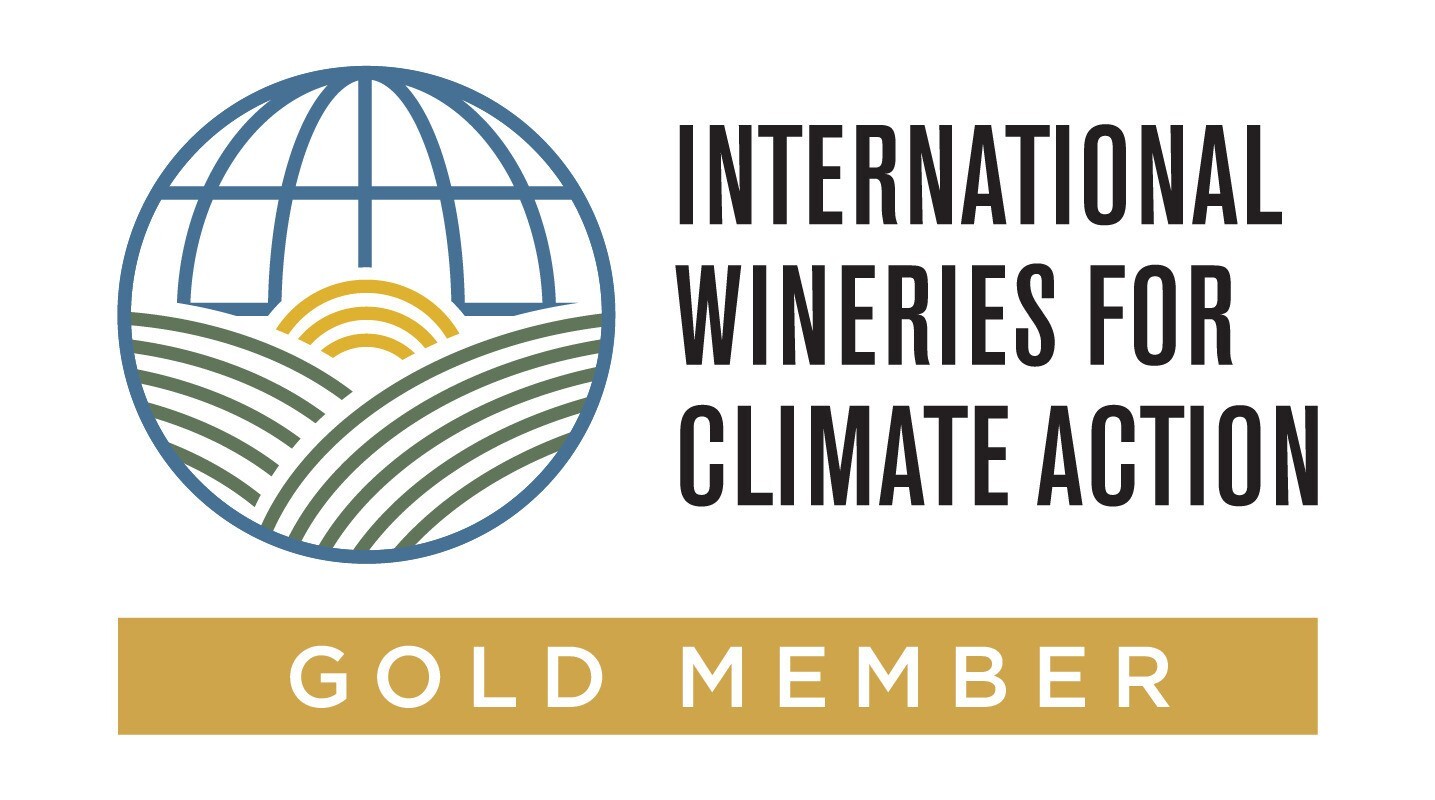Sula’s sustainability journey reaches new high with Gold-Level certification from IWCA
Nestled in the tranquil Nashik Valley of India, Sula Vineyards stands as a beacon of excellence, renowned for its exceptional wines and unwavering commitment to sustainable viticulture. Having said this, in a continued effort to sustainable packaging, the company also introduced many of its flagship wines in recyclable aluminium cans, showing its commitment towards lighter, more eco-friendly packaging solutions.

Bagging the Gold-Level certification
This unwavering commitment to ecological stewardship has propelled them to the forefront of global viticulture, earning them a coveted Gold-level certification from the International Wineries for Climate Action (IWCA) in Fiscal Year 2024 (FY24). Among the first ten wineries worldwide to achieve this honour, Sula's dedication to innovative environmental practices is unmistakable.
Over the past three years, Sula Vineyards has effectively localised its glass bottle supply chain within India. This strategic move bolsters local industry and aligns with the company's pledge to curtail emissions across its operations. In a continued effort to enhance sustainable packaging practices, Sula is embarking on reducing the weight of its standard glass bottle by 5 per cent in FY25.
Sula Vineyards epitomises the seamless integration of sustainability into the wine industry. Recent accolades, including gold medals at the International Wine Challenge for its Tropical sparkling wine and at the Global Cabernet Sauvignon Masters for its Rasa Cabernet Sauvignon, underscore not only the rising excellence of Indian wines but also the company's conscientious winemaking approach. As Sula marches steadfastly towards its carbon net-zero goal by 2050, it continues to lead the charge in environmental stewardship and innovation within the global wine industry.
Sula's move towards a sustainable path
In FY24, Sula's significant investment in solar infrastructure yielded remarkable results, with solar energy meeting an impressive 58 per cent of their total energy needs. Staying true to its sun-inspired logo, the winery is expanding its solar capacity further.
In the global shift towards a more sustainable future, aluminium emerges as a key player. According to a 2020 World Bank study, aluminium is the predominant mineral material in solar photovoltaic (PV) applications. Remarkably, over 85 per cent of the mineral material demands for various solar PV components, ranging from frames to panels, are met by this metal. To know more about the use of aluminium in the renewable energy sector, read AL Circle's industry-specific report, "Global ALuminium Industry Outlook 2024."
With an additional 1,275 KW slated for installation in FY25, Sula aims to power 70 per cent of its operations with clean solar energy. This commitment underscores the company's dedication to renewable energy sources and reducing dependence on India's coal-powered grid.
Sula is doubling its Battery Energy Storage Systems (BESS) capacity to optimise its solar energy utilisation. This allows surplus clean energy to be stored for nighttime use, reducing reliance on non-renewable sources. Additionally, Sula targets a 3 per cent reduction in power consumption per case for FY25, driven by ongoing process enhancements and a broader initiative to boost operational efficiency.
Furthermore, Sula is progressively transitioning its transportation fleet to cleaner alternatives. In FY24, 60 per cent of new vehicle acquisitions were electric vehicles (EVs), increasing the total share of EVs in the fleet to 33 per cent. In FY25, this share is expected to climb to 40 per cent, aligning with the company's long-term vision of achieving a fully electric fleet by 2030.
This news is also available on our App 'AlCircle News' Android | iOS


























